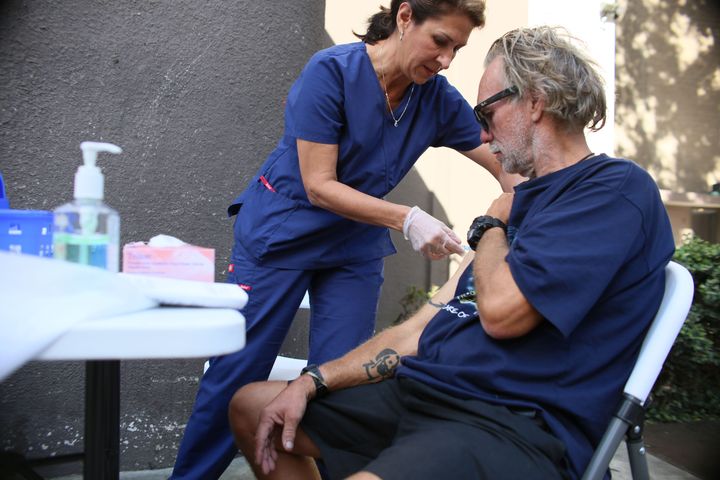Hepatitis A: More than 6,000 vaccinated after hepatitis A Flare-up in Colorado
At-risk adults have gotten in excess of 6,000 hepatitis A vaccinations to shorten an flare-up that began last October, as per Colorado Department of Public Health and Environment.
Fifty-two cases have been accounted for up until now, all among people encountering homelessness, substance misuse issues, the individuals who are imprisoned and contacts of individuals with those risk factors, the department said.
“Hep A is completely preventable, and outbreaks can be stopped if people receive the vaccine,” said Nicole Comstock, deputy director of the Communicable Disease Branch at CDPHE.
“Colorado’s local public health agencies have done a remarkable job providing the vaccine to those who need it most, and in doing so preventing cases and associated health care costs,” she added.
Despite the fact that immunization endeavors are occurring statewide, CDPHE is concentrating on regions with flare-up cases. El Paso and Fremont provinces are the essential regions, just as neighboring districts and regions along the Front Range.
Hepatitis A will be a liver infection that can be brought about by a virus. It is profoundly infectious and can cause liver illness that can last anyplace from half a month to a couple of months, yet infrequently results in death.
Hepatitis A is typically spread when an individual accidentally ingests the virus from objects, sustenance or beverages that are contaminated by little, undetected measures of stool from a contaminated individual. It can likewise be spread through close to home contact with a contaminated individual, for example, intercourse, thinking about somebody who is sick or sharing drugs or drug equipment with someone who is ill.
“People affected by this outbreak may have less access to health care and greater health risks,” Comstock said. “Poor nutrition, living in crowded places such as shelters and jails, limited access to facilities to maintain personal hygiene, and limited access to preventive health care unfortunately make disease spread more likely.”
Since the underlying outbreak in October, an expected 80 general health vaccination clinics have been set up, just as expanded instructive informing through materials and targeted digital advertising.
Local agencies are working with law enforcement, homeless shelters, substance-abuse treatment centers and other community partners to combat the flare-up.

